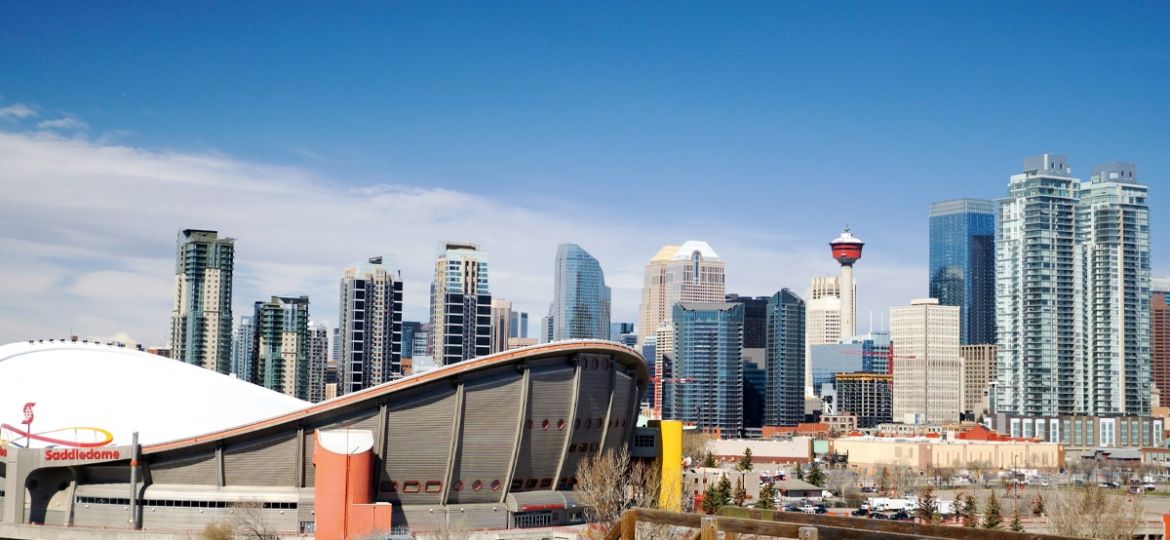
Summer is often associated with sunshine, energy, and social activity — but for many people in Calgary, it can be a surprisingly difficult season. While seasonal affective disorder (SAD) is most commonly linked to winter, a lesser-known form occurs during the spring and summer months.
This article was reviewed and updated for 2026 to reflect current clinical understanding.
What Is Summer Depression?
Summer depression, sometimes referred to as summer SAD, involves depressive symptoms that emerge or worsen during warmer months. Research suggests that a small but significant portion of people with SAD experience symptoms during spring and summer rather than winter.
Learn more about seasonal affective disorder.
How Summer Depression Differs from Winter SAD
Unlike winter SAD — which often includes oversleeping and increased appetite — summer depression may involve insomnia, reduced appetite, restlessness, anxiety, and heightened sensitivity to heat or light.
Why Summer Can Be Challenging in Calgary
Calgary’s summer environment presents unique factors that can affect mood. Extended daylight hours, rapid weather shifts, and increased social expectations can disrupt sleep patterns and emotional regulation for some individuals.
Common Symptoms of Summer Depression
- Persistent sadness or irritability
- Anxiety, restlessness, or agitation
- Difficulty sleeping
- Loss of appetite
- Feeling overwhelmed or on edge
- Physical symptoms such as headaches or digestive discomfort
- Sensitivity to heat or bright light
Coping Strategies for Summer Depression
Prioritize Sleep
Extended daylight hours can disrupt circadian rhythms. Blackout curtains, consistent bedtimes, and limiting screen use before sleep can help restore balance.
Maintain Routine
Summer schedules often lack structure. Regular mealtimes, daily movement, and predictable routines can provide emotional stability.
Manage Heat and Hydration
Staying cool, hydrated, and avoiding peak heat can reduce irritability and fatigue.
Set Social Boundaries
It’s okay to decline social plans that feel draining. Balance connection with restorative alone time.
Nourish Your Body
Regular meals with balanced nutrients help stabilize mood and energy. Consult a healthcare provider before supplementing vitamin D.
Seek Connection
Isolation can intensify symptoms. Trusted friends, family, or support groups can provide grounding and perspective.
When to Seek Professional Support
If summer depression begins to interfere with daily life, relationships, or work, professional support may help. Therapy can provide tools for managing seasonal mood changes and underlying stressors.
If you’re exploring options, our team offers depression counselling in Calgary and online therapy options.
Frequently Asked Questions
Is summer depression a real condition?
Yes. Some individuals experience depressive symptoms during warmer months, often referred to as summer SAD.
Why does summer depression happen?
Contributing factors may include disrupted sleep, heat sensitivity, circadian rhythm changes, and social pressure.
Can therapy help with summer depression?
Yes. Therapy can help individuals develop coping strategies and address underlying factors contributing to seasonal mood changes.
